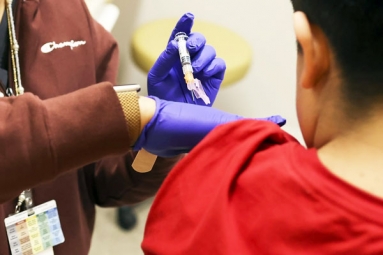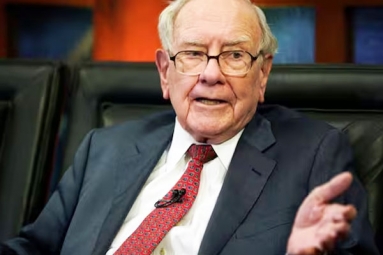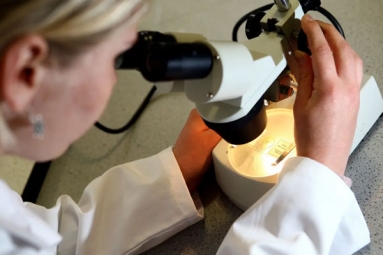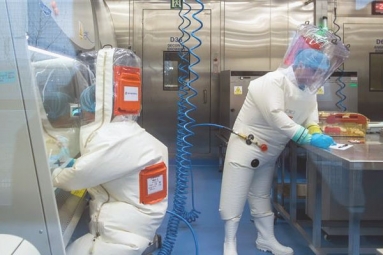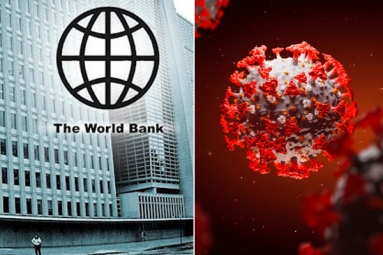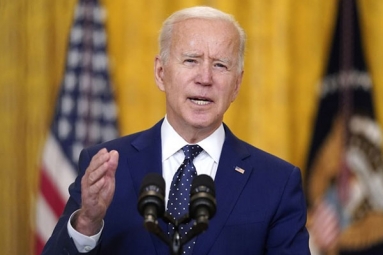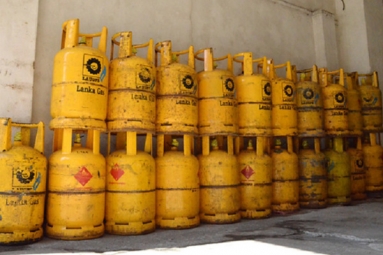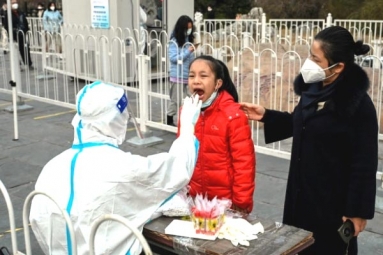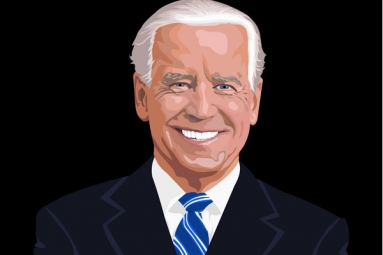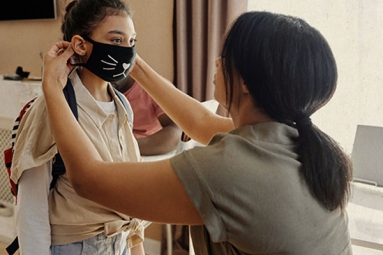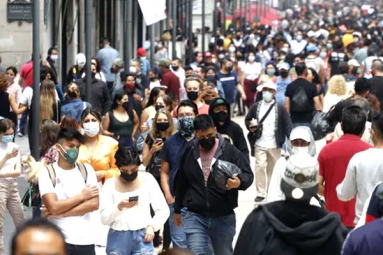
(Image source from: Computerworld.com)
While the world is stuck in a circle of constant cycle of what is going to happen once the pandemic is over, if history is anything to go by, the pandemic is likely going to have two endings to it.
According to the historians, every pandemic comes with two different endings, the medical when the incidence of the confirmed cases and the death rates plummet and the social, when the constant fear surrounding the disease wanes off.
Dr Jeremy Greene, a historian of medicine at Johns Hopkins said that when people are enquiring about the end date of this condition, they are asking about the social ending.
In simpler words, historians explain that the end to the pandemic comes not when the disease has vanished completely but when the people around grow tired of the constant panic mode and learn to accept the new normal and live with the disease.
"As we have seen in the debate about opening the economy, many questions about the so-called end are determined not by medical and public health data but by sociopolitical processes,” said Allan Brandt, a Harvard historian.
The constant epidemic of fear can persist even without the epidemic of the disease. One doctor, Dr Susan Murray, of the Royal College of Surgeons in Dublin, experienced this first hand when she was a fellow in one of the rural hospitals in Ireland.
Over the course of few months, 11,000 people in West Africa lost their lives because of the Ebola virus. While the impacts of the virus have been waning off gradually, and there had been no reports of the same cases in Ireland, the public still lived in constant fear.
Murray highlighted how the disease that happened in a completely different continent had impacts on the people living in Ireland. People were consistently afraid being on their streets. Any kind of change in skin colour make people turn around and look and even a single cough was enough for you to find people shuffling away from you.
That was how bad the impacts of the social fear was.
Lack of PPE
Some of the hospital workers in Dublin were warned to prepare for the absolute worst. But, the one thing that they feared was the lack of personal protective equipment.
When a young man came from a country that had reports of the Ebola virus, no one wanted to come near him. While the nurses hid, the doctors threatened the authorities of leaving the hospital.
Murray was the one who treated him but owing to the fact that he was suffering from terminal cancer, all that she could offer him was some care during his last days. Upon the arrival of the test results, it was later found that he tested negative for Ebola. The man died an hour later.
Following three days from that incident, the World Health Organisation announced that the Ebola epidemic is over.
It is the constant fear and the ignorance that makes it harder for people to fight the diseases. Murray said that if we don’t come forward to fight the fear and ignorance like we do with the virus, there is no stop to an epidemic or pandemic. Include the complications of race, politics and religion to the mix and things get even worse.
What happened during Black Death?
Bubonic plague has affected the world multiple times since the last 2000 years. It has claimed millions of lives and even altered history. Each epidemic enhanced the ingrained fear that came with the next one.
The bacterial strain responsible for this plague, Yersinia pestis are found in fleas that live on rats. But, the Black Death can also be transmitted from human to human through the respiratory droplets, much like how the Sars-CoV-2 spreads.
The impacts of the Black Death during the medieval times began in 1311 when it infected China first, killing half of the country’s population. The plague then spread to parts of Europe, North Africa and the Middle East.
Will history repeat itself with Covid-19?
Majority of the epidemics or pandemics that have been reported in the history have been eradicated but the disease has recurred.
Whether or not the same will happen with Covid-19 is a matter of serious question.
With majority of the scientists, including Dr Anthony Fauci telling that the virus is likely going to become seasonal and can come back indicates that it could very well be a possibility.
Some studies have found that the impacts of the virus are likely going to extend for the coming 2 years.
Majority of the historians have reported that it is a possibility that the Covid-19 might end socially first than medically. People are likely going to grow out of the imposed restrictions once the relaxations are imposed again. This is likely going to happen even when the virus continues to smolder the population even before a possible treatment or a vaccine has been developed.
"I think there is this sort of social psychological issue of exhaustion and frustration. We may be in a moment when people are just saying, 'That's enough. I deserve to be able to return to my regular life,’” said Naomi Rogers, a Yale historian.
This has started happening in a number of states in US. The governors have lifted some of the restrictions, allowing the hair salons, nail salons and even the gyms to reopen even after the public health warnings that have been issued by the health officials.
While the health officials are prioritising the medical end, the public are now ready to put a stop to the social end.
Majority of the historians and the health officials have reported that saying “when” the pandemic is going to be over is still a matter of question. It will be a “long and difficult” process, as they say it.
Covid-19 has infected over 4.1 million people worldwide and has been responsible for over 283,000 deaths as of May 11.
- Somapika Dutta







